Keywords: Modern Australian Poems
-

ARTS AND CULTURE
- Jamie Dawe, Bruce Dawe
- 28 June 2024
These unpublished treasures of my father’s are sure to strike a chord amongst those readers whose hearts wander among the more hidden byways, as I have discovered within myself.
READ MORE 
-
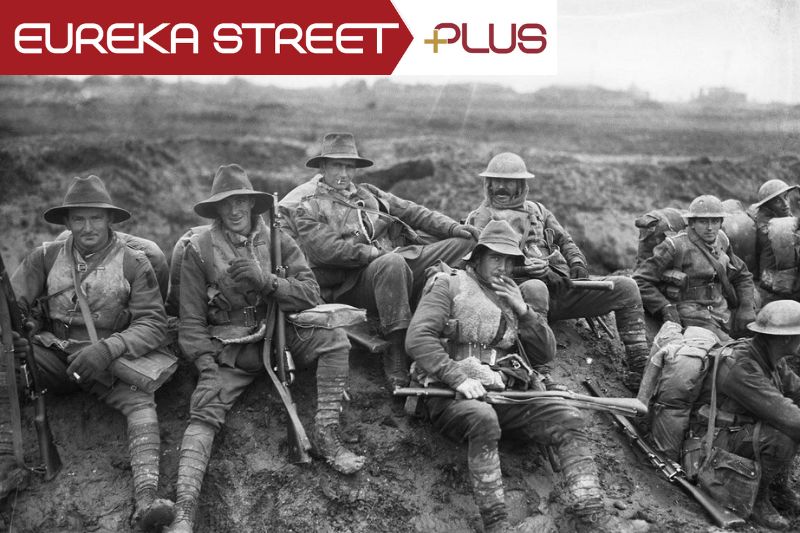
AUSTRALIA
- Peter Craven
- 24 April 2024
1 Comment
For those born in the wake of World War II, war stories seemed the greatest fun on earth. But the pity of it is monumental and we come to take it – if not for granted – then at least as part of the fabric of minds that had met with all that was terrible in human experience and all that called out for reverence.
READ MORE 
-
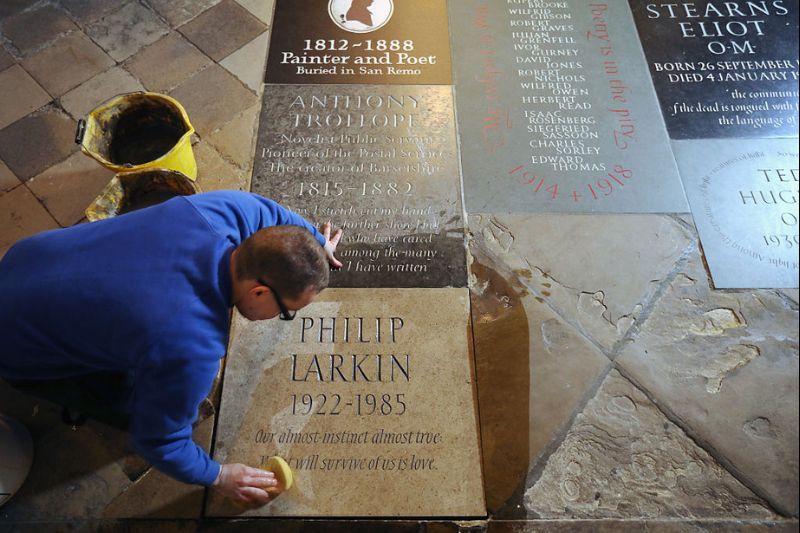
ARTS AND CULTURE
- Andrew Hamilton
- 06 July 2023
3 Comments
Can Artificial Intelligence write good poetry? While AI has vast linguistic resources to mimic human poets and creating compelling verse, there remains a distinction between competence and true poetic brilliance, mirroring the broader debate around our relationship with AI, and the very essence of human creativity.
READ MORE
-
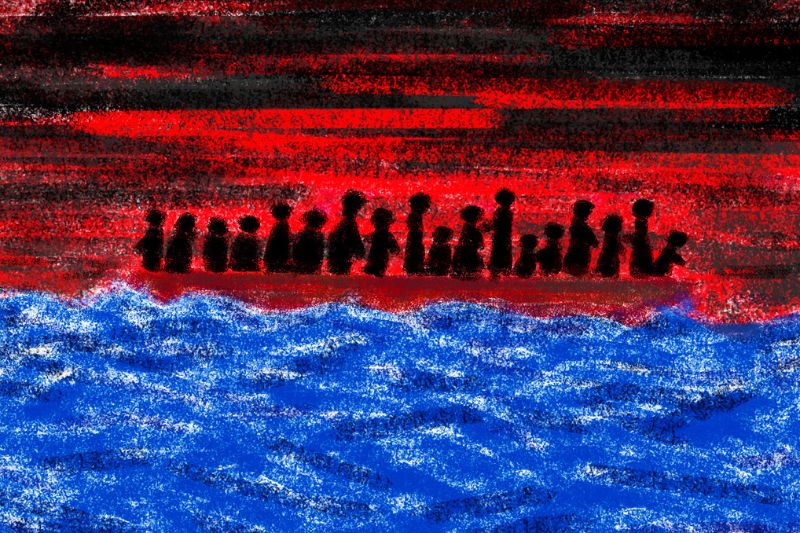
AUSTRALIA
- Andrew Hamilton
- 20 June 2023
5 Comments
Observing World Refugee Week and the Referendum on the Voice to Parliament together is appropriate because the First Peoples and later refugees have suffered in similar ways. Jordana Silverstein's latest book draws striking parallels between Australia's colonial past and the modern treatment of refugee children.
READ MORE
-

AUSTRALIA
- Michael McGirr
- 14 April 2023
5 Comments
What are the implications of widespread use of Metformin, Pembrolizumab, or Nivolumab, and what do they say about us? Featuring a humourless pharmacist and a thick wad of prescriptions, the story of our complicated relationship with pharmaceuticals is a meandering map of the human condition.
READ MORE 
-
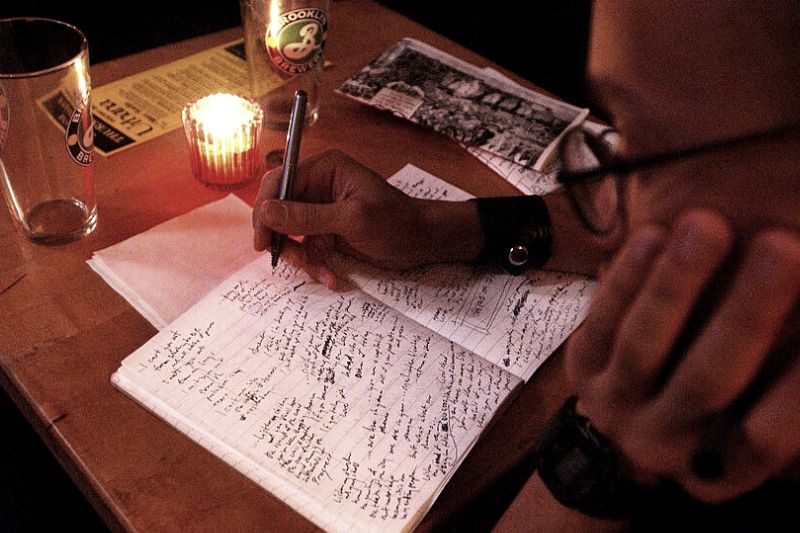
ARTS AND CULTURE
- Andrew Hamilton
- 25 August 2022
11 Comments
In most circles poetry doesn’t matter. It doesn’t put bread on the table, nor raise people to revolt nor even make news unless a grizzled footballer is outed for secretly writing poems. Even in churches poems and hymns are altered to improve their orthodoxy in matters of faith, gender, race or modernity, but rarely their poetic quality.
READ MORE 
-
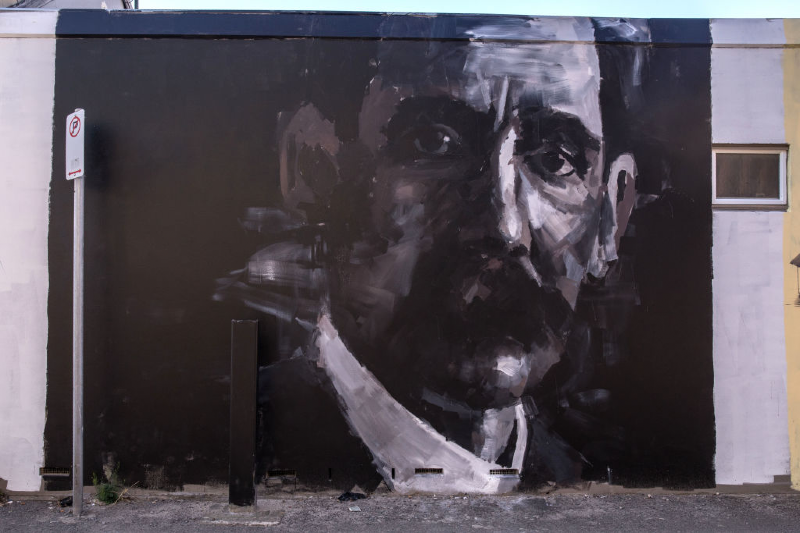
ARTS AND CULTURE
- Brian Matthews
- 06 October 2020
10 Comments
He came in, sat down, and we talked about Henry Lawson. He was well read in the field, having encountered Lawson not only in a small way at school but especially at home where his mother had given him an anthology of Australian stories and he’d come across ‘The Drover’s Wife’. We hit it off: he was pleasant, engaging and witty and we resolved to continue our talk in the near future.
READ MORE 
-
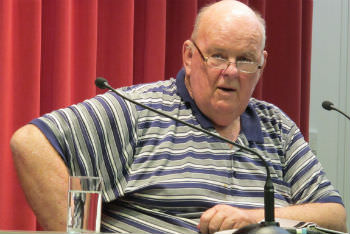
ARTS AND CULTURE
- Barry Gittins
- 16 July 2020
11 Comments
Identifying the true nature of things, and capturing their horror or charm? Let’s give it a crack. I recognised and recognise still that there are few humans who will ever approach Les Murray's heights of linguistic mastery and vision of life. But one thing I felt I had in common with Les, apart from our shared rustic heritage, was anger.
READ MORE 
-
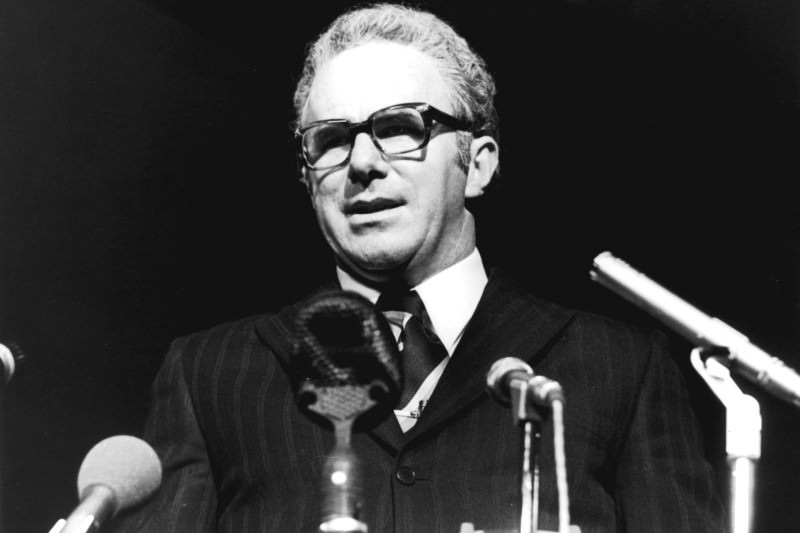
ARTS AND CULTURE
- Philip Harvey
- 29 November 2019
12 Comments
Obituarists sharpened their quills in 2014 when word had it the death of Clive James was imminent. Since then we have witnessed a late flowering of poetry, reviews and articles tinged with mortality that revealed to the last his Twainian flair for journalistic self-promotion, albeit in the internet age. Now the quills are out in earnest.
READ MORE 
-

ARTS AND CULTURE
- Denise O'Hagan
- 16 September 2019
4 Comments
Take almost any street, in any modern city, and we are there. We are the substrata of society, ever-present, the unseen lining, the padding in the crowd. We carry our backgrounds closer than our wallets, effortlessly. Yet they inform our every step.
READ MORE 
-

ECONOMICS
- John Falzon
- 21 January 2019
22 Comments
Inequality is not an aberration that comes with neoliberalism. It is the foundation of neoliberalism, along with its partners in social crime: patriarchy and colonisation. As Sharan Burrow, the Australian General Secretary of the ITUC, puts it so poignantly: 'We live in a fragmented world.' The excluded form the majority across the globe.
READ MORE 
-
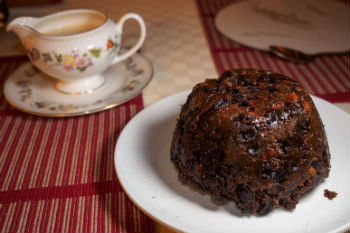
ARTS AND CULTURE
- Jenny Blackford
- 19 December 2018
5 Comments
At twelve, halfway through too many stifling hours crammed in the Holden station wagon, three girls munch Mum's ham sandwiches in a Rotary park ... At thirty, waifs-and-strays Christmases with friends in our adopted southern city.
READ MORE 